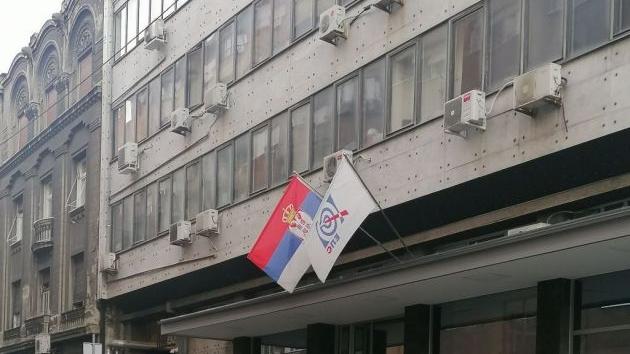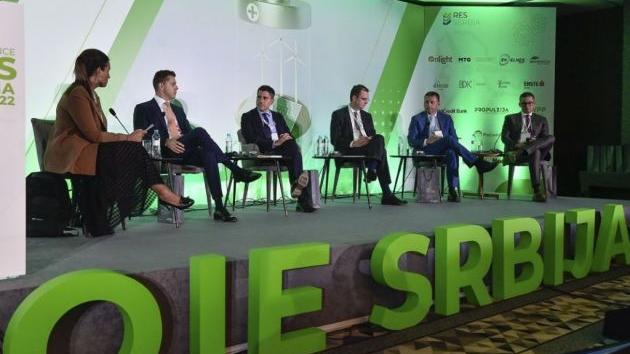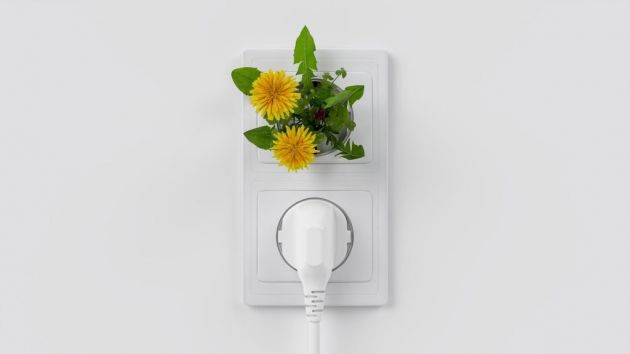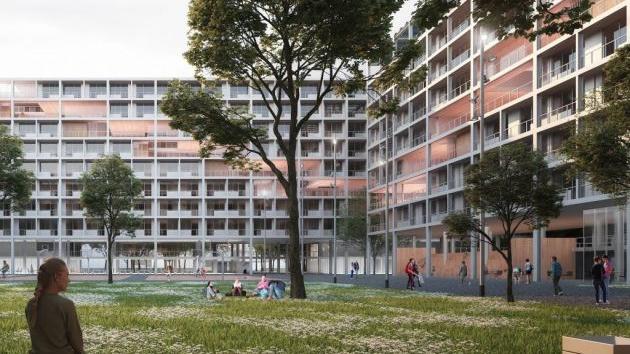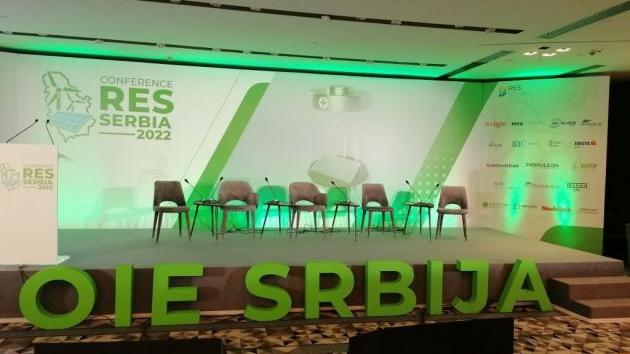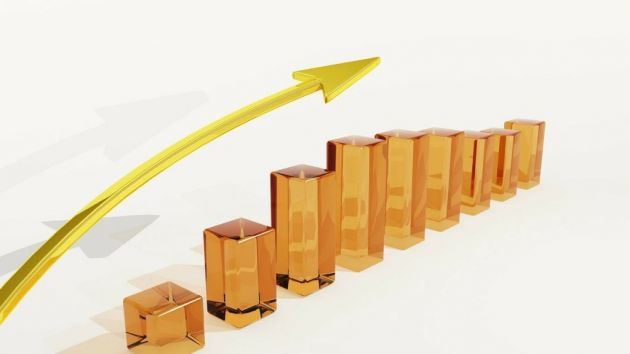Matteo Colangeli, EBRD Director for the Western Balkans ŌĆō Digitalisation and energy transition are crucial for development of Serbia, we no longer finance coal and oil projects
 Wednesday, 07.07.2021.
Wednesday, 07.07.2021.
 13:20
13:20
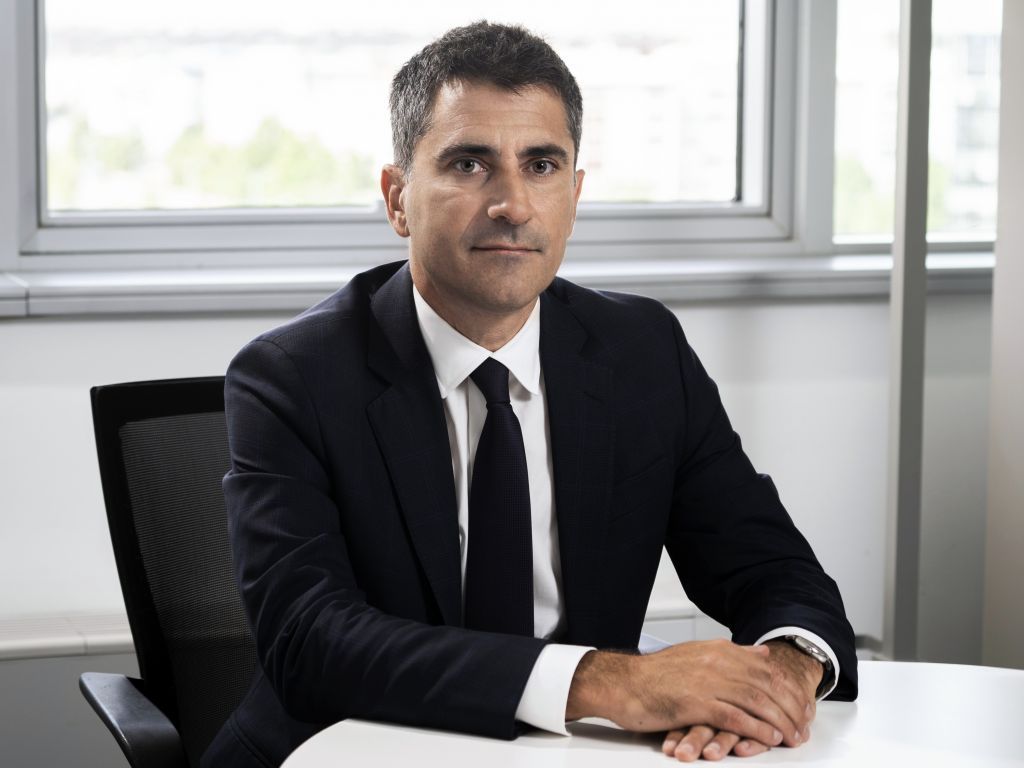
Between June 28 and July 2, the EBRD held its 30th annual meeting in London. The annual meetings are among the key events in the bankŌĆÖs operations, and this year, the main topic was the recovery of the economy following the lockdown due to the coronavirus pandemic, as well as the decision for the EBRD to harmonize all its goals with the goals of the Paris Agreement by 2022.
This very important event was the occasion for an interview with Matteo Colangeli. As he said for eKapija, the Westerns Balkans are a very important area for the EBRD, and, in the upcoming period, the focus will be on digitalization and renewable energy sources, for which there will be support in the form of improving the infrastructure through investments and improvement of the business environment for small and medium enterprises.
eKapija: You also announced the strengthening of digitalization in the Serbian economy. Do you currently have a specific plan for what this process might look like and what the priorities are?
ŌĆō Digitalization is an essential ingredient for economic growth and competitiveness, and its importance became even more prominent during the Covid pandemic. Our approach in Serbia is focused on two key elements.
Firstly, we finance the infrastructure which is needed to broaden access to digital services. Last year, we signed a EUR 18 million sovereign loan to rollout fast broadband infrastructure in rural areas and digitalise 80k households and 600 public entities. We are working on a second EUR 100 million digital infrastructure project which we hope to sign this year.
Secondly, we work with Serbian SMEs to help them access the financing and know how required to compete in increasingly digital markets. Digital skills accounted for around half of our SME advisory projects last year. We work with entrepreneurs across all sectors of the economy and provide them with tailored support to help them grow and become more competitive through digitalizing their operations.
eKapija: The EBRD has so far invested EUR 1.3 billion in the entire region. Half a year ago, EUR 77.6 million in grants for the improvement of vital infrastructure were approved. Do you plan to continue this practice?
ŌĆō The Western Balkans are a key strategic region for EBRD and we plan to continue stepping up our investments, including in sustainable infrastructure. Last year, we focused a substantial share of our financings on supporting the liquidity of our clients during the Covid pandemic. This included the provision of working capital facilities to strengthen the resilience of public entities that provide vital infrastructure for citizens and the broader economy, such as energy and water utilities for example. As we shift towards building back better the economies of this region, we will return to focus on helping countries plan and deliver infrastructure that will help them transition to sustainable energy and transport systems, as well as improve environmental standards.
eKapija: During your career, you had a rich experience of working in the most important financial centers. You started at the EBRD headquarters in London, and then continued to work as a banker in Ukraine and Bulgaria. How do you see the world and the region at the moment after the coronavirus pandemic?
ŌĆō The economic recovery is already under way in the Western Balkans. The crisis should be used as an opportunity for building back better. The green economy transition, in particular, should be accelerated, not only to deliver better environmental and living standards to the citizens of the region, but also to strengthen its economic competitiveness. This is especially relevant in terms of stepping up the ambitions and implementation of decarbonization strategies in countries that still rely heavily on fossil fuels.
The availability of green sources of power will become an increasingly important factor for investors when deciding where to locate manufacturing facilities, also for the implications this could have in terms of maintaining favourable access to the EU market. Sustainable tourism and agriculture are also sectors where the Western Balkans countries can be competitive if supported by the right policies and infrastructure development, including on a regional level. And lastly the circular economy, which remains largely underdeveloped in the region, will be increasingly in focus for our activities.
eKapija: How do you assess the environment for financial investment in Serbia in the current macroeconomic conditions, which are significantly affected by the pandemic?
ŌĆō We are seeing a strong economic rebound this year, also boosted by the aid packages that were put in place during the Covid pandemic. Continuing with structural reforms will be important to strengthen the sustainability of this economic growth. Stimulating investment by SMEs should be a priority, through targeted support measures and ensuring a level playing field. The development of capital markets and strengthening governance and standards at state owned enterprises are also important initiatives, which EBRD is actively supporting.
eKapija: What kind of projects and investors will you not finance in the future? What should they be like, in order to meet the EBRD investment criteria?
ŌĆō We are active across all sectors of the economy and evaluate each project individually, based on its merits and fit with the BankŌĆÖs strategic priorities. We certainly expect to step up our financings in the areas of green economy transition, digitalization, and economic inclusion. We will continue focusing on private sector competitiveness, supporting large investments directly and SMEs through facilities implemented by local commercial banks. Fossil fuels is the one area where we will wind down our activities. We already no longer finance coal and oil projects.
eKapija: The EBRD aspires to be a "green" bank. Do you believe that Serbia will manage to escape from the embrace of coal and turn to green energy?
ŌĆō We have seen the green energy transition happen in other regions and believe it can be achieved in Serbia as well. Coal is not cheap, it requires subsidies and generates many negative externalities for society and for the economy. Renewable energy has already become highly competitive, driven by rapid technological advances and will be strongly boosted by increasing carbon taxes in the years ahead. This will make the case for decarbonizing even more compelling for Serbia, given the implications that progress on this agenda will have for the countryŌĆÖs ability to access export markets and attract industrial investments. We want to play a big role in accelerating coal phase out in Serbia, providing know how and finance for renewables while maintaining energy security and affordability, and mitigating the social impact in the regions most affected by the transition.
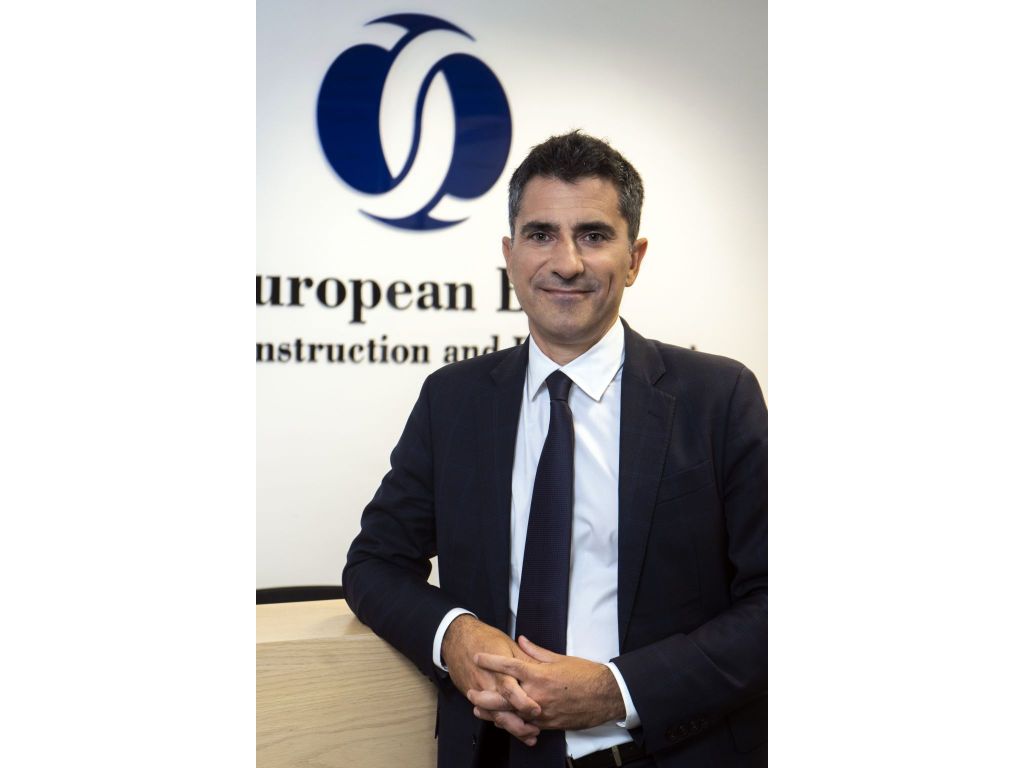
eKapija: How would you assess the cooperation with Elektroprivreda Srbije and what kind of support do you give in the energy transition?
ŌĆō Supporting the energy transition is a top priority for us and we are active at all levels in this field. We are making expertise available to the authorities to help them plan and implement ambitious strategies to decarbonize the Serbian economy and, in particular, the energy sector. We are helping develop renewables and step up energy efficiency investments. And of course we are ready to finance the infrastructure upgrades which are needed to support a future where electricity will replace fossil fuels as primary energy source and where that electricity will be increasingly generated by renewables sources. Smart energy grids are a necessary ingredient for this and this is the rationale for our close cooperation with Elektrodistribucija Srbije (EDS). We expect to sign a EUR 40 million financing package for smart meters roll out by the end of the year and to continue stepping up our support to strengthen the Serbian energy distribution system in the years ahead.
eKapija: Your bank has enabled the construction of wind farms ─īibuk 1 and Kova─Źica in Serbia. Are you interested in financing new, equally large and significant facilities?
ŌĆō We are committed to continue financing the growth of renewable energy in Serbia and we are actually contributing to create the regulatory environment for developing this market in line with international best practice. We are doing this by supporting the Ministry of Mining and Energy in preparing and conducting auctions for the allocation to investors of renewables generation capacity. We believe this approach maximizes competition and transparency, thus attracting quality investors and delivering favorable prices for Serbian energy users. It also provides flexibility for the Government to tap the existing strong investorsŌĆÖ appetite for wind and solar projects in the most efficient manner. We are hoping that the first auction will be launched before the end of the year. And, of course, we stand ready to consider financing the projects that will emerge from these auctions.
While our primary focus is on the private sector, we will also step up our renewables financings with public entities. District heating will be a priority area. We will prepare and finance projects to support the transition from coal to solar and other renewables sources.
eKapija: The EBRD supported the establishment of the Renewable Energy Association of Serbia, which has achieved significant leadership and influence in a short time. Are you satisfied and will you continue that partnership?
ŌĆō We are pleased to have supported the establishment of such an important association, which is rapidly establishing itself as a leading stakeholder in the Serbian renewable energy sector. We believe that structured dialogue between business community and Government is important to develop an enabling regulatory framework for this growing new industry. And an association pulling together the key investors in the sector is the best way to ensure this dialogue takes place in a transparent and mutually beneficial manner.
eKapija: When you were appointed director of the EBRD for the Western Balkans and Serbia, you announced your commitment to building more inclusive economies in the entire region. What do you mean by that?
ŌĆō Inclusive economies are those where all population groups - regardless of characteristics such as gender, age, or geographic location ŌĆō have equal access to jobs, skills, finance and crucial services and, thus, economic opportunity.
Our approach to economic inclusion is primarily based around supporting private sector clients connecting disadvantaged groups with jobs, finance and services. In the Western Balkans, one of key EBRD products to promote inclusion is the Women in Business Programme. It promotes womenŌĆÖs entrepreneurship and economic inclusion, improving access to finance and access to know-how for women-led SMEs. We also promote inclusion in public procurement processes in Serbia, Bosnia and Herzegovina, Albania and soon in North Macedonia to encourage employment of young people. We also provide technical assistance to encourage private sector contractors to offer on-site training opportunities for unemployed young people.
Finally, we also support Governments to address structural, regulatory and legal issues related to economic inclusion. In Serbia, we work closely with the Ministry of Economy, Science and Technological Development with the aim to aligning the education curricula with labour market needs. Similarly, we are supporting the establishment of a Tourism and Hospitality Sector Skills Council in Albania, and dual education approaches in Bosnia and Herzegovina.
Nikola Ignjatovic
 EBRD Evropska banka za obnovu i razvoj
EBRD Evropska banka za obnovu i razvoj
 Ministarstvo rudarstva i energetike Republike Srbije
Ministarstvo rudarstva i energetike Republike Srbije
 Akcionarsko dru┼Ītvo Elektroprivreda Srbije Beograd
Akcionarsko dru┼Ītvo Elektroprivreda Srbije Beograd
 Ministarstvo privrede Republike Srbije
Ministarstvo privrede Republike Srbije
 Ministarstvo prosvete Republike Srbije
Ministarstvo prosvete Republike Srbije
 Obnovljivi izvori energije Srbije
Obnovljivi izvori energije Srbije
Na┼Ī izbor
Top pri─Źe
18.04.2024. | Industrija, Finansije
Strickland Metals has entered the ŌĆ£profitable Serbian gold gameŌĆØ, having set aside 37 million dollars for the purchase of the Rogozna project, which boasts an enormous resource of 5.44 million ounces of gold equivalent (around 170 tons), Australian media report. The Australian giant Strickland Metals Limited is in the business of detecting world-class mineralized systems with a focus on gold and copper. As the media report, Strickland

16.04.2024. | News
Economy Fair in Mostar opens ŌĆō 26 companies from Serbia exhibiting
16.04.2024. | News
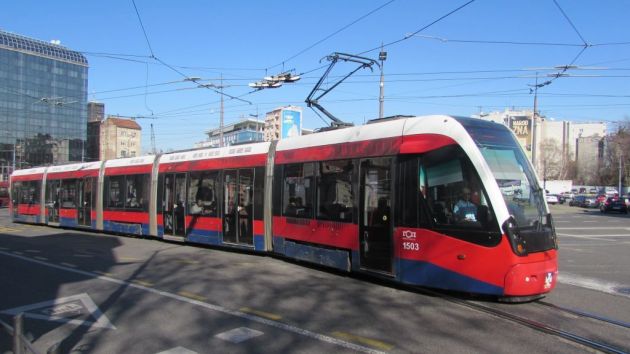
18.04.2024. | Saobra─ćaj
Jovanovic: Purchase of Siemens trams produced in Kragujevac for GSP Beograd should be considered
18.04.2024. | Saobra─ćaj

18.04.2024. | Industrija, Saobra─ćaj
Air Serbia: Eighth ATR 72-600 arrives to Belgrade, expected to join operations soon
18.04.2024. | Industrija, Saobra─ćaj
eKapija+

18.04.2024. | News
CBRE confirmed its leadership position with Hat-Trick at the 19th SEE Real Estate Awards
18.04.2024. | News

18.04.2024. | News
Consensual termination of employment relationship ŌĆō News in the court practice?
18.04.2024. | News
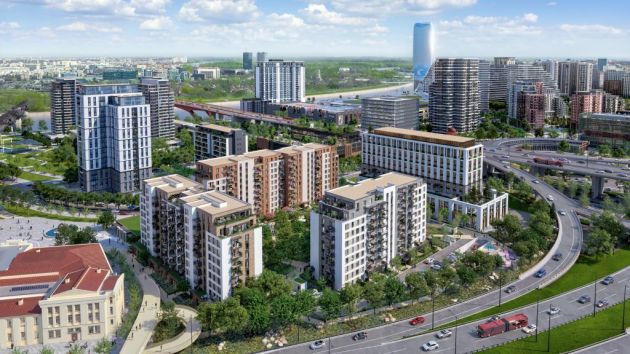
18.04.2024. | Gra─æevina
New dimension of life in the part of Belgrade which is waking from sleep (PHOTO)
18.04.2024. | Gra─æevina
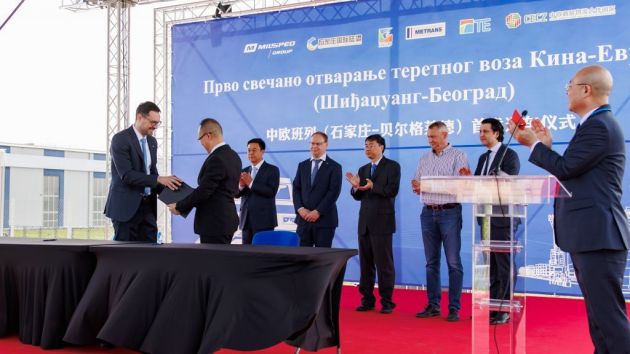
17.04.2024. | Saobra─ćaj
Milsped Group to establish direct rail line between China and Serbia
17.04.2024. | Saobra─ćaj


 Izdanje BiH
Izdanje BiH Izdanje Srbija
Izdanje Srbija Serbia Edition
Serbia Edition Serbische Ausgabe
Serbische Ausgabe


 News
News








